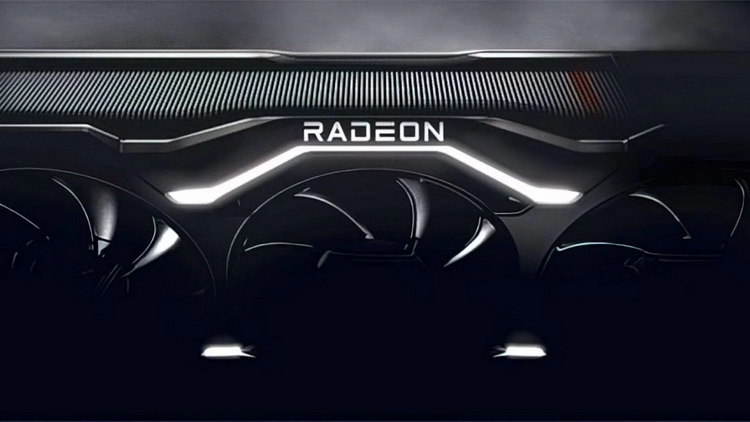
As part of yesterday's online event, Microsoft officially presented Windows 11, which is a new version of the software giant's platform. One of the loudest announcements at the presentation was the announcement of support for running Android apps directly in Windows 11. And this does not require an emulator, because Android applications have received some semblance of native support.
This was achieved thanks to Microsoft's collaboration with Intel. Support for Android applications is based on the new Intel Bridge compiler, which allows mobile applications to function in x86 systems. It is noteworthy that this technology works not only in systems with Intel processors, but also on computers with AMD and Qualcomm chips. "Intel believes it is important to provide this capability on all x86 platforms. Therefore, the company has developed Intel Bridge technology to support all x86 platforms (including those based on AMD chips)," Intel said in a statement. Although the company has confirmed that Intel Bridge technology will be supported by AMD chips and Arm processors, how stable this process is is not known yet. According to available information, Intel Bridge is a post-compiler that translates applications compiled for platforms other than x86 (Android apps) into x86 instructions (which are normally processed by Intel or AMD processors) in real time. As for Windows 11 devices powered by Arm chips, they are expected to be able to run Android apps without having to use the Bridge compiler, although Microsoft has not yet fully explained how this works.


0 Comments